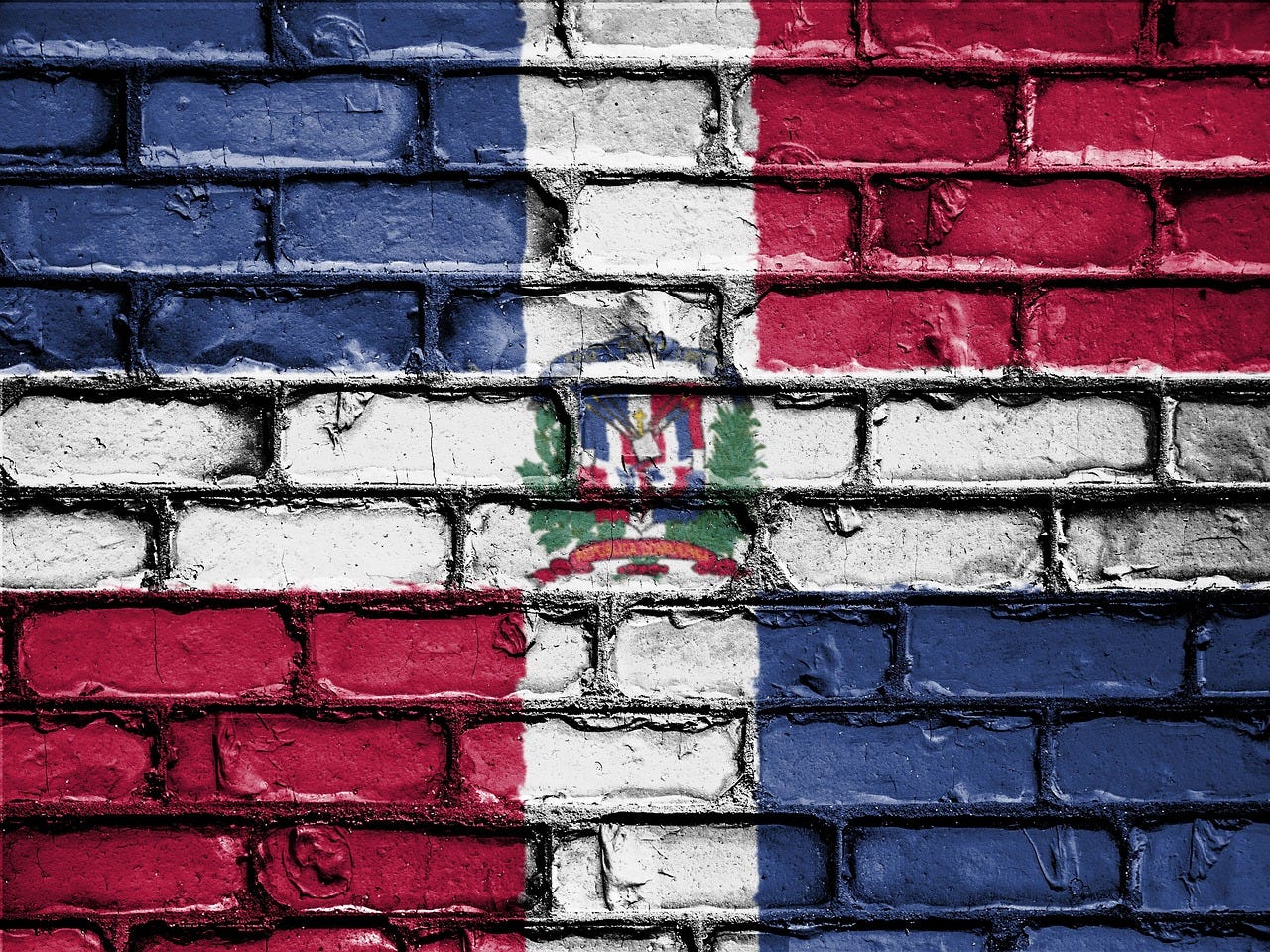Dominican Republic: Growth With Gaps — And Paths To Inclusion
Many people know the Dominican Republic as a tourism, sugar, and export success story. Over the past two decades, the economy has grown strongly, and tens of millions have been lifted out of poverty. Yet behind the numbers lies a larger question:
Is the growth inclusive?
Is the Dominican Republic evolving rules and institutions so that more people benefi…



